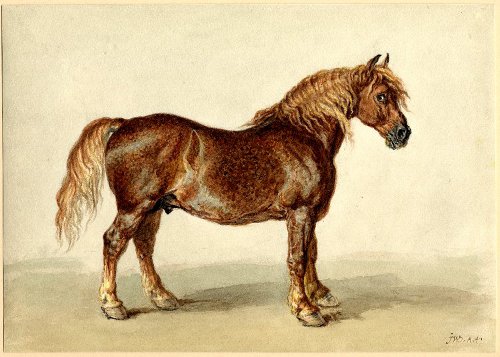
On Feb. 29, 1868, London’s Langham Hotel sponsored a “horseflesh dinner” to see whether the popular prejudice against the eating of horses might be overcome in English society. About 150 influential Londoners dined on “saucissons de cheval,” “aloyau de de cheval farci,” and “gelée de pied de cheval au Marasquin.”
“Men looked at each other curiously while eating, and each course ran the gauntlet of puns and satire,” reported Charles Dickens’ All the Year Round.
But the consensus was negative. “There are, no doubt, numerous proofs that the flesh of the horse is, at any rate, a wholesome food, and indeed there seems no reason why it should not be,” opined the Medical Times and Gazette. “The dishes we tasted … were all palatable. … [But] horseflesh leaves a pungency on the palate that is not agreeable — a pungency that reminds one of what one has been eating for some time after the meal is over.”
“I came back from it a wiser and a sadder man,” reported zoologist Francis Trevelyan Buckland. “In my opinion, hippophagy has not the slightest chance of success in this country; for, firstly, it has to fight against prejudice, and, secondly, the meat is not good.”
Also: “During the dinner, photographs of the horses which we were eating were handed round, and the appearance of one of these was, I think, the turning point of the argument.”
